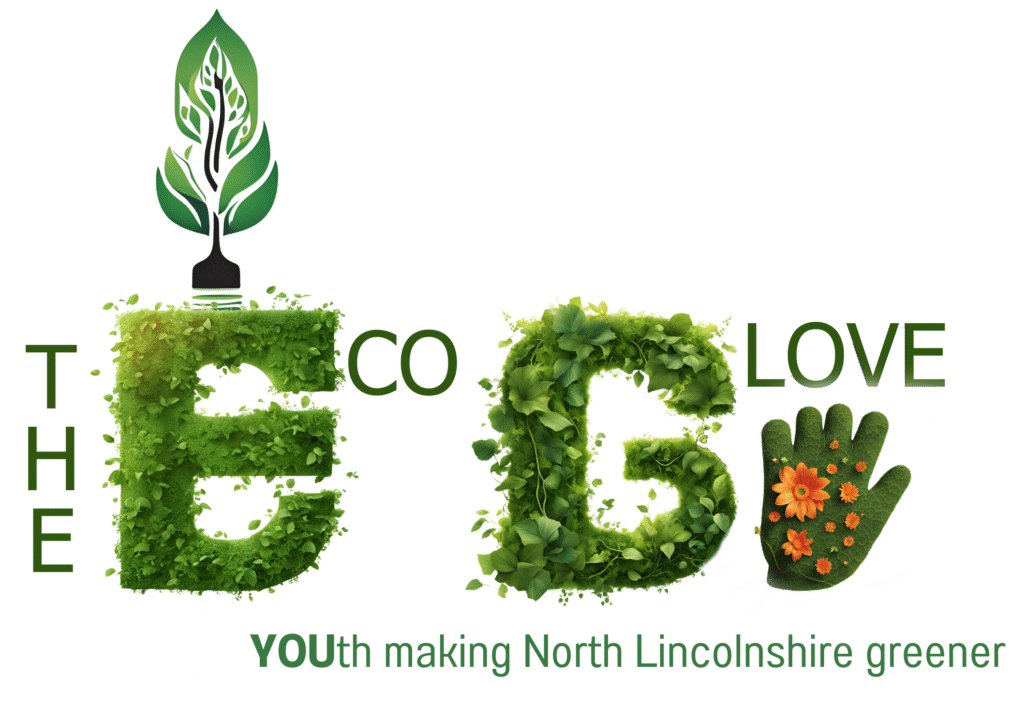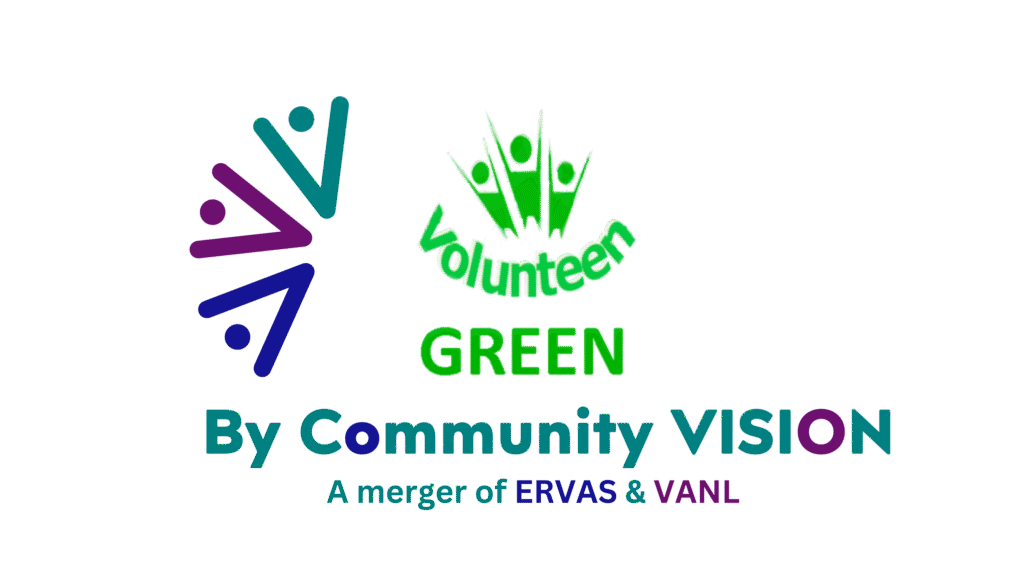By Jessica

If you’re having a bonfire or lighting fireworks this year, there are some things that you should consider for the environment:
Fireworks:
- Fireworks are not enjoyed by pets and wildlife
- Many fireworks contain hazardous chemicals.
How to help:
- Going to a big firework display instead of having your own fireworks can help reduce the amount being set off
- Supporting low bang displays helps reduce the disruption of pets and wildlife
- If you are unable to attend a large event, there are companies which sell more eco friendly fireworks
Bonfires:
- Check leaf piles and bonfires for hedgehogs before burning or discarding
- Fires contribute to air pollution
How to help:
- Going to bigger displays also helps to reduce the amount of fires being burnt and therefore air pollution














